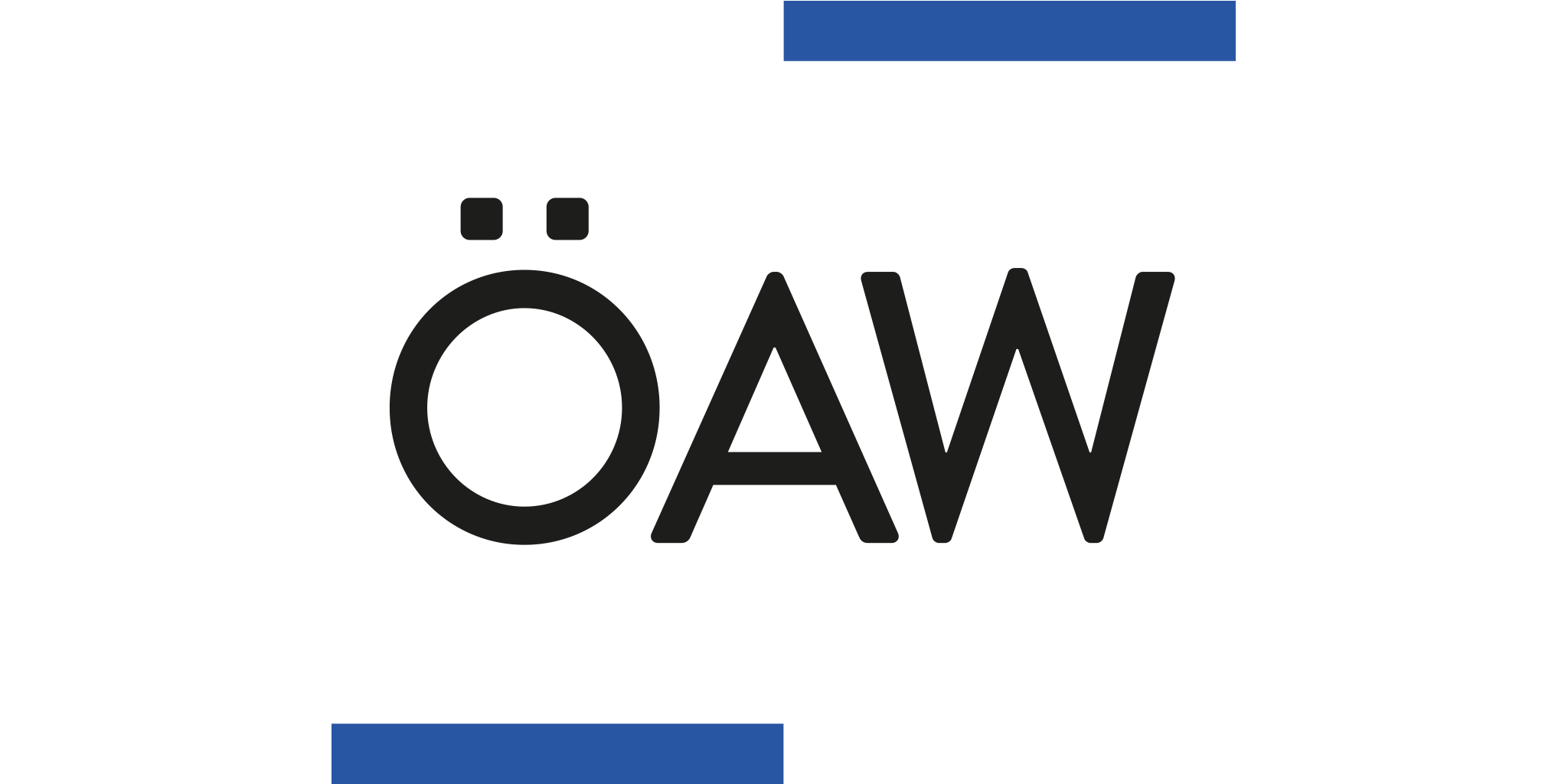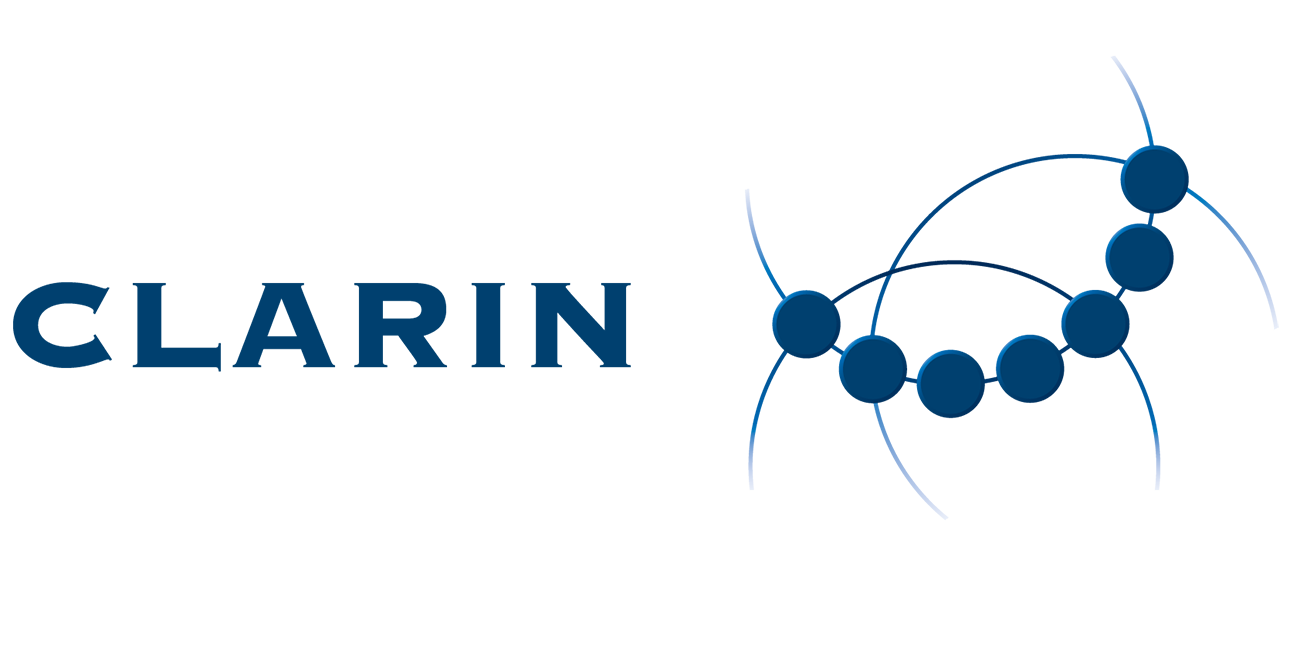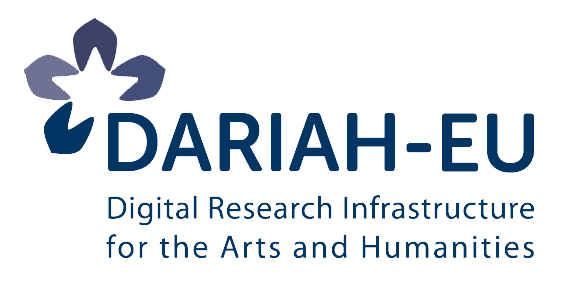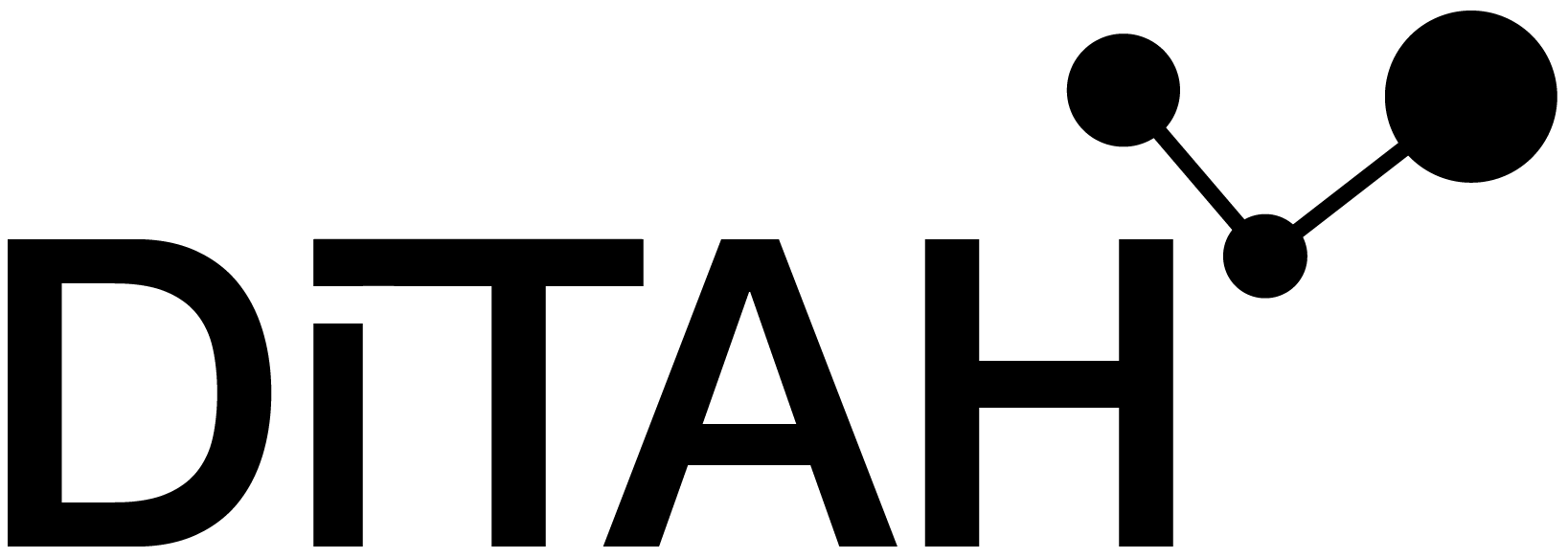ACDH-CH Tool Gallery 9.1
XSLT for Digital Humanitis

XSL (Extensible Stylesheet Language) and X technologies are renowned technologies in Digital Humanities projects because often Digital Humanities data are available in xml: the standard of the Text Encoding Initiative (TEI) is XML based and many metadata standards for the description, administration and long-term archiving of data focus on XML. Many systems offer the option of using XML as an import or export format, and when implementing digital editions, XML is usually the basic format for the required web front end.
During the on-site workshop, which will be held in German, the programming language XSL will be introduced. The aim is to achieve the following learning objectives:
- Setting up an (XSL) transformation scenario in the Oxygen XML Editor.
- Setting up and implementing an XSL transformation from XML/TEI to HTML (with Bootstrap 5)
- Getting familiar with and using simple XPath expressions
- Getting familiar with and using the following program structures in XSL:
- xsl:apply-templates
- xsl:call-template
- xsl:if and xsl:choose
- XPath Operators
- XPath functions and XSLT-specific additions to XPath
- format-date(), substring-after(), concat(), sum(), document() etc.
- xsl:for-each, xsl:for-each-group
- xsl:result-document
The workshop is held in German and will take place in a blended learning format, therefore the following material has to be studied before the workshop. The Workshop is hands-on and aims to be an introduction to simple transformation scenarios in XSL.
The Tool Gallery is supported by CLARIAH-AT and DARIAH.
Prerequisites:
A good working knowledge in TEI is necessary to participate in the workshop. Please bring your own laptop with Oxygen installed. A free trial license is available here.
Prepare for the workshop with the following materials:
Screencast series Introduction to XSLT on Youtube (only available in German)
Einführung in XSLT. Zur kleinen, statischen, digitalen Edition. Teil 1
Einführung in XSLT. Zur kleinen, statischen, digitalen Edition. Teil 2
Einführung in XSLT. Zur kleinen, statischen, digitalen Edition. Teil 3
Einführung in XSLT. Zur kleinen, statischen, digitalen Edition. Teil 4
Einführung in XSLT. Zur kleinen, statischen, digitalen Edition. Teil 5
Einführung in XSLT. Zur kleinen, statischen, digitalen Edition. Teil 6
Additional material on GitHub
https://github.com/chpollin/Teaching/tree/master/TTT/TTT_6_XSLT
Limited number of participants: 15 people
Programme: 12 April 10:30 - 15:30
10:30-11:00 – Registration and Coffee
11:00-13:00 – Part 1
13:00-13:30 – Lunch Break (Catering)
13:30-15:30 – Part 2
Presenters:
Christian Steiner
Christian Steiner has a master’s degree in Translation (German/English/Bosnian/Croatian/Serbian) and a master’s degree in Digital Humanities. Since 2012 he has been working as a researcher at the Center for Information Modeling (ZIM) at the University of Graz in the area of data modeling and data processing as well as application development in various DH projects. The focus of his work is on semantic web technologies, linked data and web programming. In addition to his teaching activities in these areas, his dissertation project deals with linked data and the potential of Wikidata as a hub between the life sciences and the humanities. Together with Christopher Pollin he founded the company Digital Humanities Craft in 2022.
Christopher Pollin
Christopher Pollin holds a master's degree in history and a joint master's degree in digital cultural heritage. He is currently a PhD student in Digital Humanities. Since 2016 he has been working in various positions at the Center for Information Modeling (ZIM) at the University of Graz. His work includes technical development and data modeling in various projects such as Stefan Zweig digital, Open Access Database Adjective-Adverb Interfaces in Romance or Digital Edition Publishing Cooperative for Historical Accounts. His main areas of work are Semantic Web, information visualization, digital edition, resource discovery and web programming. In addition to his teaching activities in these areas, his dissertation project deals with ontology-based resource discovery for historical information using the example of historical financial documents. Together with Christian Steiner, he is one of the co-founders of Digital Humanities Craft.
Date
12 April 2023, 10:30 - 15:30
Location
Österreichische Akademie der Wissenschaften
Bäckerstaße 13
Seminarraum 1
Language
German



